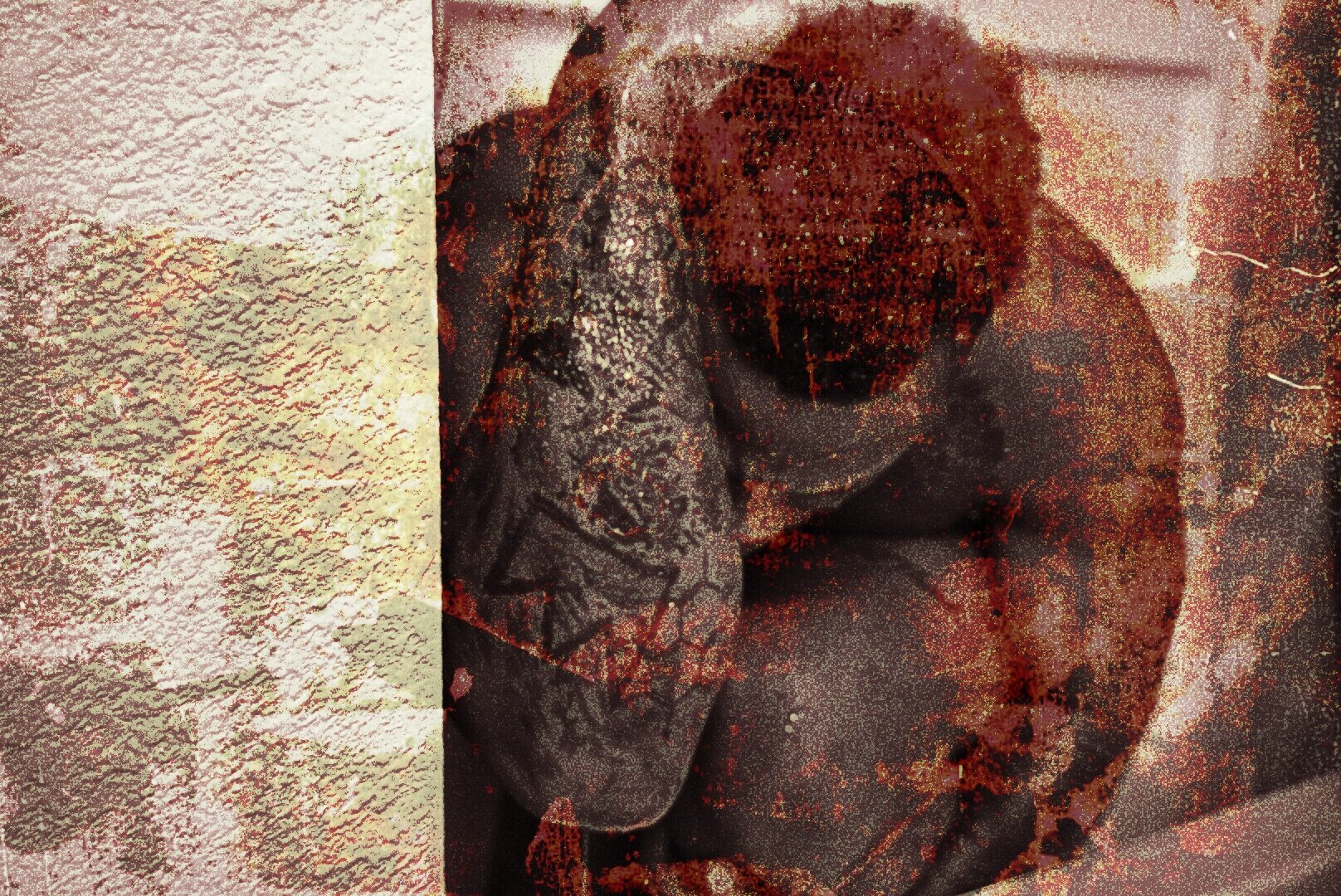
Scholars Corner gathers a chorus of scholars whose words permeate the work, offering a resonant archive of thought, provocation, and possibility.
“redressing the pained body encompasses operating in and against the demands of the system, negotiating the disciplinary harnessing of the body, and coutnerinvesting in the body as a site of possibility. [This] pain must be recognized in its historicity and as the articulation of a social condition of brutal constraint, extreme need, and constant violence; in other words it is the perpetual condition of ravishment. [...] If this pain is to be largely unspoken and unrecognized, it is due to sheer denial of black sentience rather than inexpressibility of pain.”
— Saidiya Hartman
“Remembering is never a quiet act of introspection or retrospection. It is a painful re-membering, a putting together of dismembered past to make sense of the trauma of the present. It is such a memory of the history of race and racism, colonialism and the question of cultural identity.”
— Homi Bhabha
“I am an invisible man. No, I am not a spook like those who haunted Edgar Allan Poe; nor am I one of your Hollywood-movie ectoplasms. I am a man of substance, of flesh and bone, fiber and liquids -- and I might even be said to possess a mind. I am invisible, understand, simply because people refuse to see me. Like the bodiless heads you see sometimes in circus sideshows, it is as though I have been surrounded by mirrors of hard, distorting glass. When they approach me they see only my surroundings, themselves, or figments of their imagination -- indeed, everything and anything except me.”
— Ralph Ellison
“One is no longer aware of the Negro but only of a penis; the Negro is eclipsed. He is turned into a penis. He is a penis […] The white man is convinced that the Negro is a beast; if it is not the length of his penis, then it is the sexual potency that impresses him.”
— Frantz Fanon
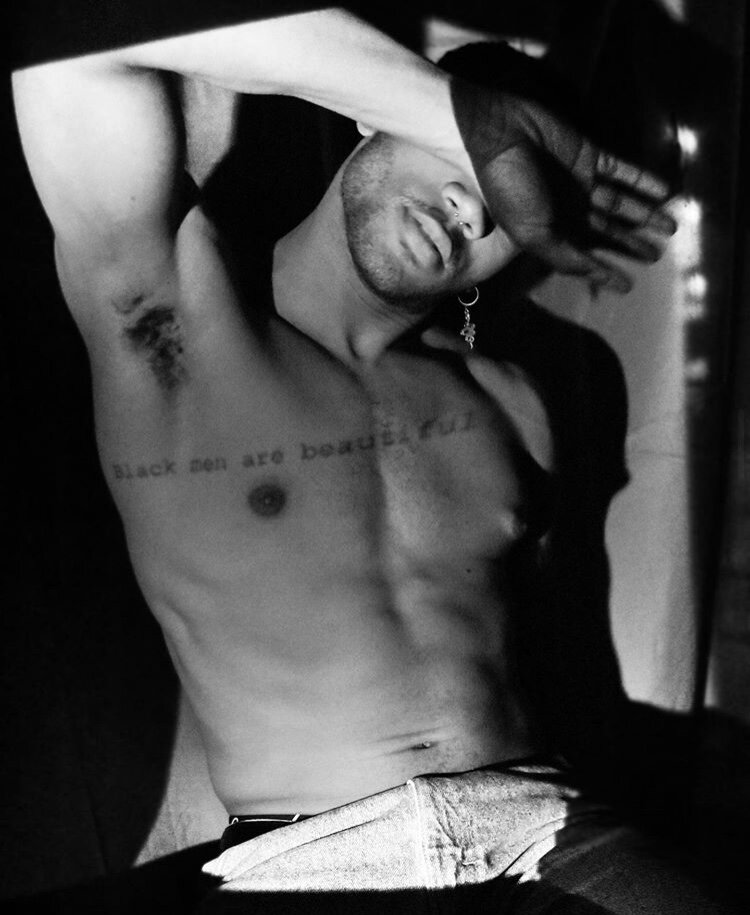
“Black bodies in pain for public consumption have been an American spectacle for centuries. This history moves from public rape, beatings, and lynchings to the gladiatorial arenas of basketball and boxing.”
— Elizabeth Alexander
“One of the greatest inventions of the 20th Century is the African American male—‘invented’ because black masculinity represents an amalgam of fears and projections in the American psyche which rarely conveys or contains the trope of truth about the black male’s existence.”
— Thelma Gloden
“I haven’t shown my scars on television to sell records. I haven’t let journalists feel the hole in my gum because it sells records […] When you look at how my body healed itself, I want you to see the bodies of those who never healed.”
— Curtis Jackson (50 Cent)
“Lynching souveniers[…] not only fix the black body within a historical moment but also transform it into a captive object to be owned, displayed, and quite possibly traded […] what makes them so interesting is that they, much like contemporary mass-produced, stereotypical commercial images of the black body, sought to commodify the body at a time when it was gaining new liberties in the present.”
— Harvey Young
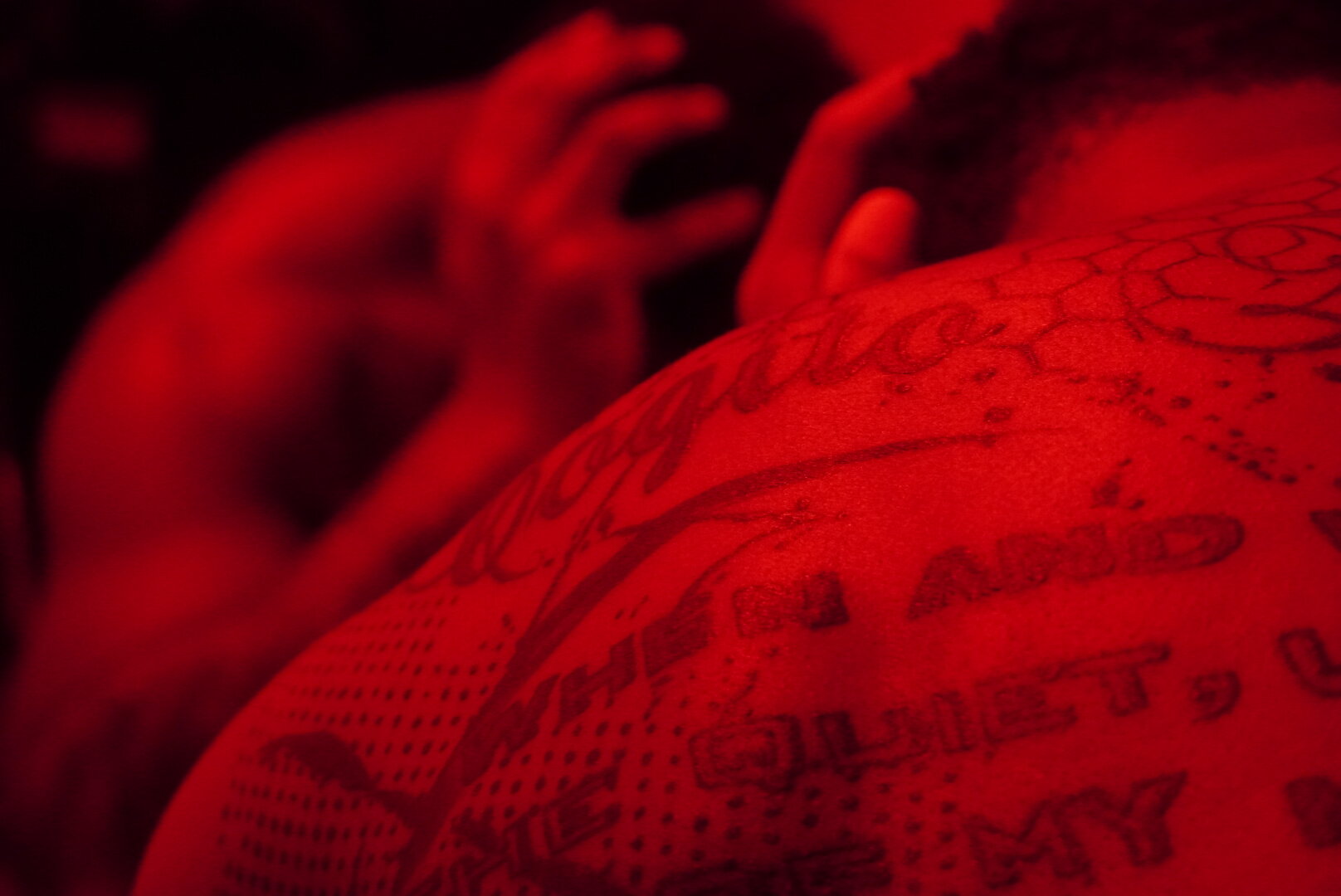
“I became an expert in the language of fear. Couples locked arms or reached for each other’s hand when they saw me. Some crossed to the other side of the street. People who were carrying on conversations went mute and stared straight ahead, as though avoiding my eyes would have saved them […] I had been a fool. I’d been walking the streets grinning good evening at people who were frightened to death of me. I did violence to them by just being. how had I missed this […] I tried to be innocuous but didn’t know how […] I began to avoid people. I turned out of my way into the side streets to spare them the sense they were being stalked […] Out of nervousness I began to whistle and I discovered I was good at it. My whistle was pure and sweet, and also in tune. On the street at night I whistled popular tunes from the Beatles and Vivaldi’s Four Seasons. The tension drained from people’s bodies when they heard me. A few even smiled as they passed me in the dark.”
— Brent Staples
“What to do, how to move, in such a world wherein your resistance against violent conditions—resistance as prayer meetings or protests, resistance as simply wishing to breathe—produces the occasion for violence […]How does exhaustion recover, how does it speak back, against the degradation of [black] flesh.”
— Ashton T. Crawley
“The worship of the black male body and the desecration of it have always been ideologically linked. Significantly, the site of that veneration and violence has often been the black phallus[…] Americans participate in visual rituals of dissection. Such rituals allow spectators to take possession of the mythologized black male body with its mythic sexual power, and in doing so confirm their own power.”
— Cassandra Jackson
“We’re telling the story through the eyes, the mouths, the feelings of the individual. Eye to eye, person to person[…] We believe that if you get some human pieces of experience, you can build your own empathy, you can think, ‘what is my responsibility? Where am I in this story? What does it mean to me ?’”
— Avner Shalev
“Each of the camera’s points of view lead to a unitary vanishing point: an erotic/aesthetic objectification of Black male bodies into the idealized form of a homogenous type thoroughly saturated was a totality of sexual predicates […] The fetishistic logic of mimetic representation which makes present for the subject what is absent in the real, can thus be characterized in terms of masculine fantasy of mastery and control over the ‘objects’ depicted and represented in the visual field, the fantasy of the omnipotent eye/I who sees but who is never seen.”
— Kobena Mercer
“Queer curatorship [is] an experimental museum practice that stages alternative configurations between objects and bodies in space to alter the historical relationship of race, sex, and power as they relate to particular objects and acts […] sites that feature materials such as real Antebellum slave whips alongside objects used as instruments of consensual pleasure and pain offer unique opportunities to reconfigure, recode, and reanimate epistemological frameworks for understanding the history of sexual equipment, the perversion and eroticization of power exchange, and the mutually constitutive relationship between histories of eroticism and histories of discipline.”
— Jennifer Tyburczy
“Marginalized bodies produce marginalized sounds to communicate things that escape language. The queer body is the site of sounds that engage pleasure, repression, rage, isolation, always somehow outside of dominant language. Sound Studies tells us that we should trust our ears as much as our eyes, justifying our trust in sound, and of the resonating body. Affect Theory goes further, saying that all senses play into a body that processes input through levels of response, experience, and anticipation. Affect is the vibrational space that is both bodily memory and anticipation. So where do sound and affect meet in queer bodies? How do marginalized peoples use sound and the body to express liberation, objectification, joy, and struggle?”
— Airek Beauchamp
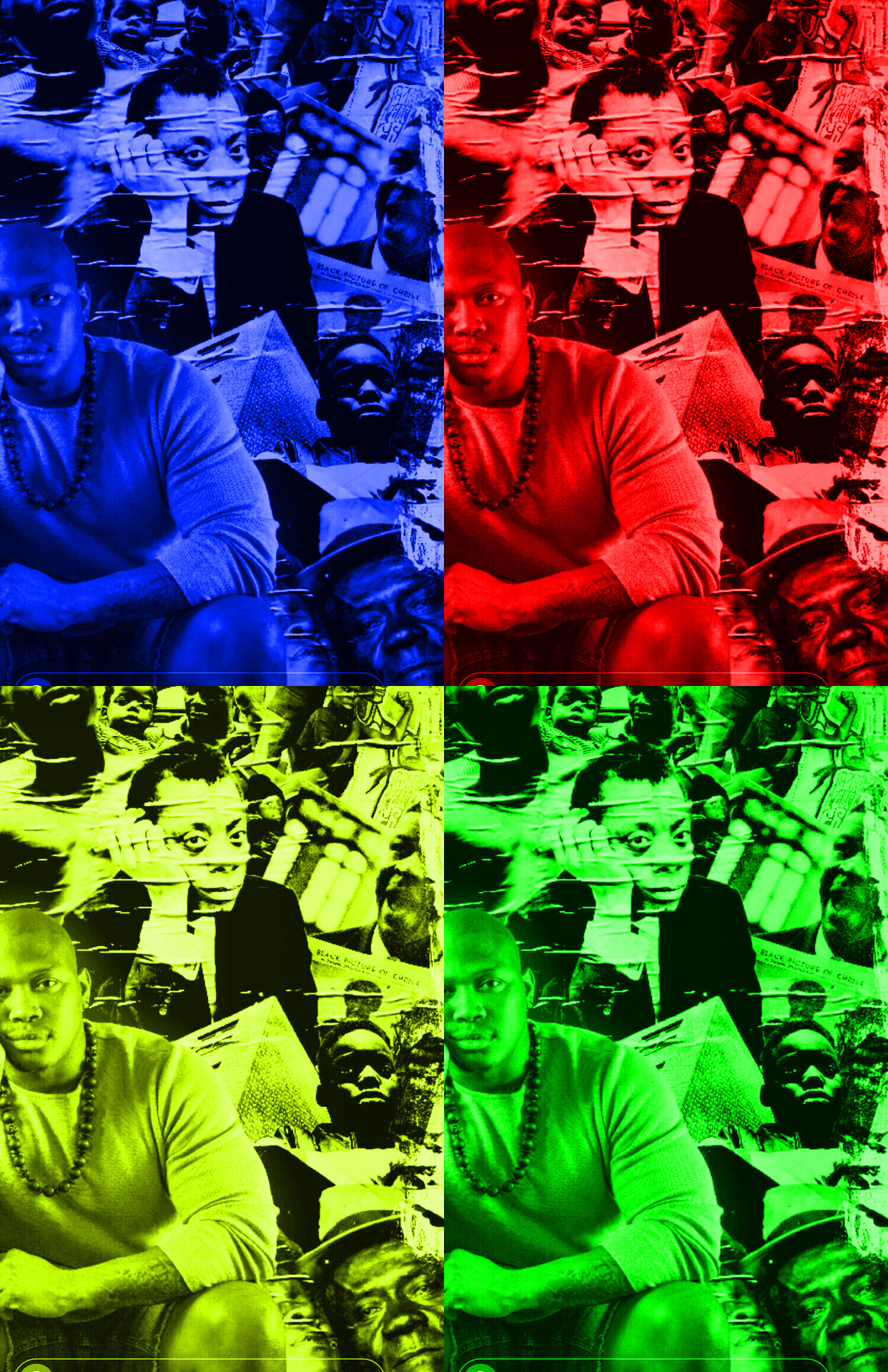
“The stigmatized individual is asked to act so as to imply neither that his burden is heavy nor that bearing it has made him different from us; at the same time he must keep himself at that remove from us which assures our painlessly being able to confirm this belief about him. Put differently, he is advised to reciprocate naturally with an acceptance of himself and us, an acceptance of him that we have not quite extended to him in the first place.”
— Erving Goffman
“Black males who refuse categorization are rare, for the price of visibility in the contemporary world of white supremacy is that black identity be defined in relation to the stereotype whether by embodying it or seeking to be other than it…Negative stereotypes about the nature of black masculinity continue to overdetermine the identities black males are allowed to fashion for themselves.”
— bell hooks
“Now we think
as we fuck
this nut
might kill us.
— Essex Hemphill

“I am informed that the sexual power[s] of negroes ... are the cause of the favor with which they are viewed by some white women of strong sexual passions in America and by many prostitutes. At one time there was a special house in New York City to which white women resorted for these “buck lovers”; the women came heavily veiled and would inspect the penises of the men before making the selection.
— Havelock Ellis
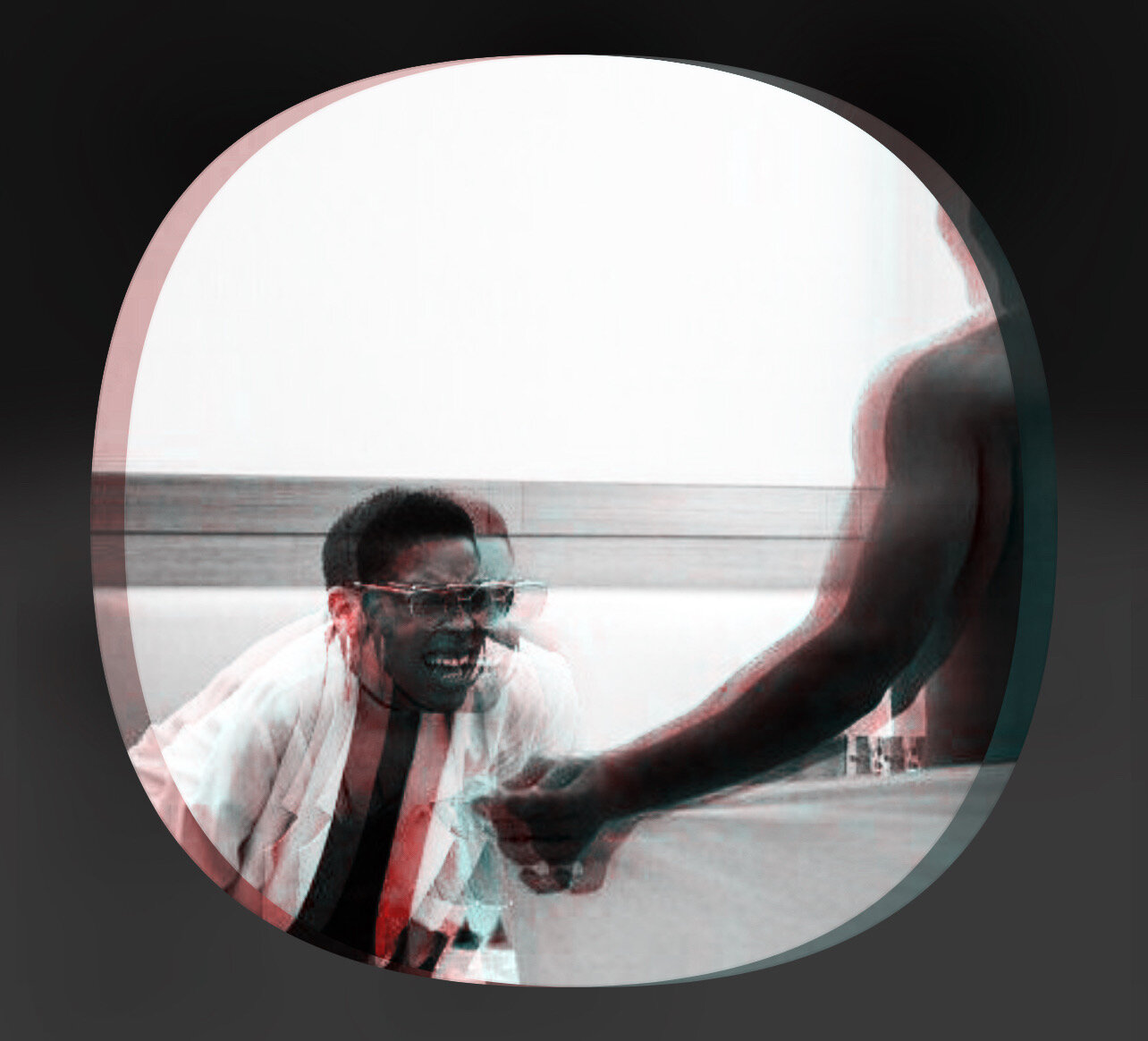
“The sexual objectification of Black maleness, and its production/engineering as that which only fucks, occupies a denounced aspect of black manhood. It is assumed that the Black man simply desires to fuck, since fucking is the necessary condition for him to be. But this ontological requirement manifests as the sexual paranoia marking the societal vulnerability that […] is caused in the Black male’s relation to whites.”
— Tommy J. Curry
“Knowing ecstasy is having a sense of timeliness’s motion, comprehending a temporal unity, which includes the past (having-been), the future (the not-yet), and the present (the making present). This temporally calibrated idea of ecstasy contains the potential to help us encounter a queer temporality, a thing that is not the linearity that many of us have been calling straight time.”
— José Esteban Muñoz
“What are its parameters, what are its primal sites, how does Black popular culture or Black culture in general address Black pleasure? How does it generate Black pleasure?”
— Arthur Jafa
“I have seen some amongst them whose whole bodies have been so well-built and handsome that I never beheld finer figures, nor can I conceive how they might be bettered, so excellent were their arms, and all their limbs.”
— Albrecht Dürer on the African physique, 1528
“Yet the paradox of the sexual politics of race in America is that, behind closed doors, the dirty, disgusting, and funky sex associated with black people is often perceived to be more intriguing and interesting, while in public spaces talk about black sexuality is virtually taboo. Everyone knows it is virtually impossible to talk candidly about race without talking about sex […] As long as black sexuality remains a taboo subject, we cannot acknowledge, examine, or engage these tragic psychocultural facts of American life.”
— Cornel West
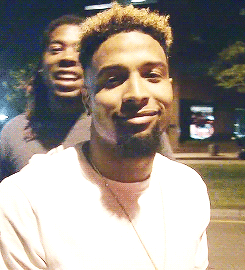
“It is important to remember that blackness is defined here in terms of social relationality rather than identity; thus blackness incorporates subjects normatively defined as black, the relations among blacks, whites, and others, and the practices that produce racial difference. Blackness marks a social relationship of dominance and abjection and potentially one of redress and emancipation; it is a contested figure at the very center of social struggle.”
— Saidiya Hartman
“The deepest terror of every socially marked human being—colored, female, disabled or queer [is] that no matter what we write think about or say, no matter how we fashion ourselves and our work, we will be incessantly returned and reduced to this single marking, that it will be produced again and again as ‘the truth’ of our being, our thinking, our worldly endeavors.”
— Wendy Brown
“In a society that conditions the public to find discomfort or outright fear in the errors and malfunctions of our socio-cultural mechanics—illicitly and implicitly encouraging an ethos of “Don’t rock the boat!”—a “glitch” becomes an apt metonym. Glitch Feminism, however, embraces the causality of “error”, and turns the gloomy implication of glitch on its ear by acknowledging that an error in a social system that has already been disturbed by economic, racial, social, sexual, and cultural stratification and the imperialist wrecking-ball of globalization—processes that continue to enact violence on all bodies—may not, in fact, be an error at all, but rather a much-needed erratum. This glitch is a correction to the “machine”, and, in turn, a positive departure.”
— Legacy Russell
“Alone in the darkness of my quarters, my mind is reliving the scene of a few nights ago. I can feel my Mistress’s body beneath me. I can feel her voice, raspy and sexual, in my ear. “Fuck, Nigger. That’s what I bought you for.” With little if any mechanical aid I cum. My orgasm is sudden, and powerful. For a brief second, I am exhausted and happy. But in only a moment there is a little voice creeping into the back of my consciousness (You shouldn’t be turned on the word NIGGER).”
— V. Johnson
“People are trapped in history and history is trapped in them.”
— James Baldwin
“For white males involved in the lynchings and burnings of black males, there is a symbolic transfer of power at the point of executions. The black man is stripped of his prowess, but the very act of stripping brings symbolic power to the white man. His actions suggest, that, subconsciously he craves the very thing he is forced to destroy. Yet he destroys it as an indication of the political (sexual) power he has and takes it unto himself in the form of souvenirs as an indication of the kind of power he would like.”
— Trudier Harris
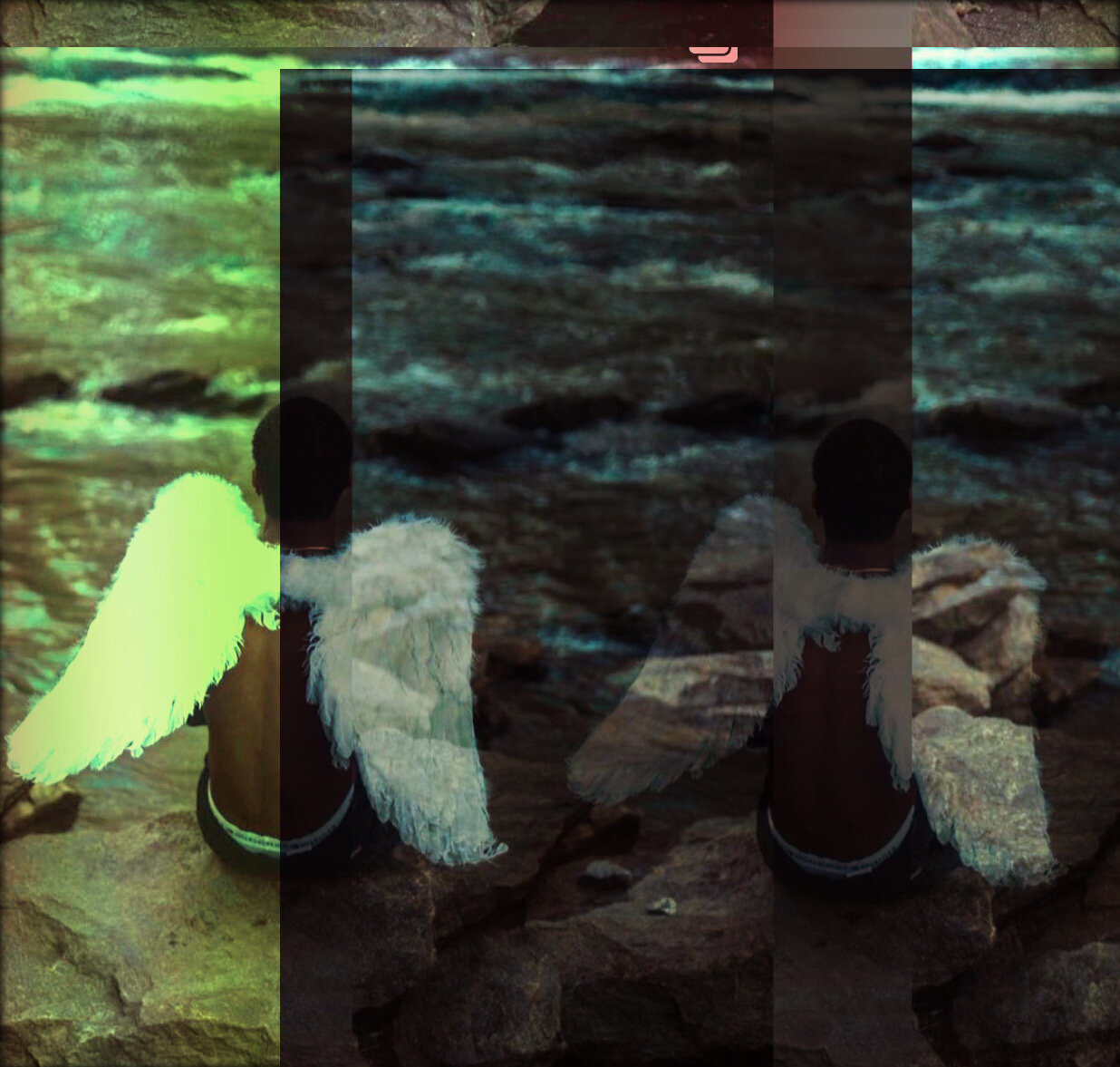
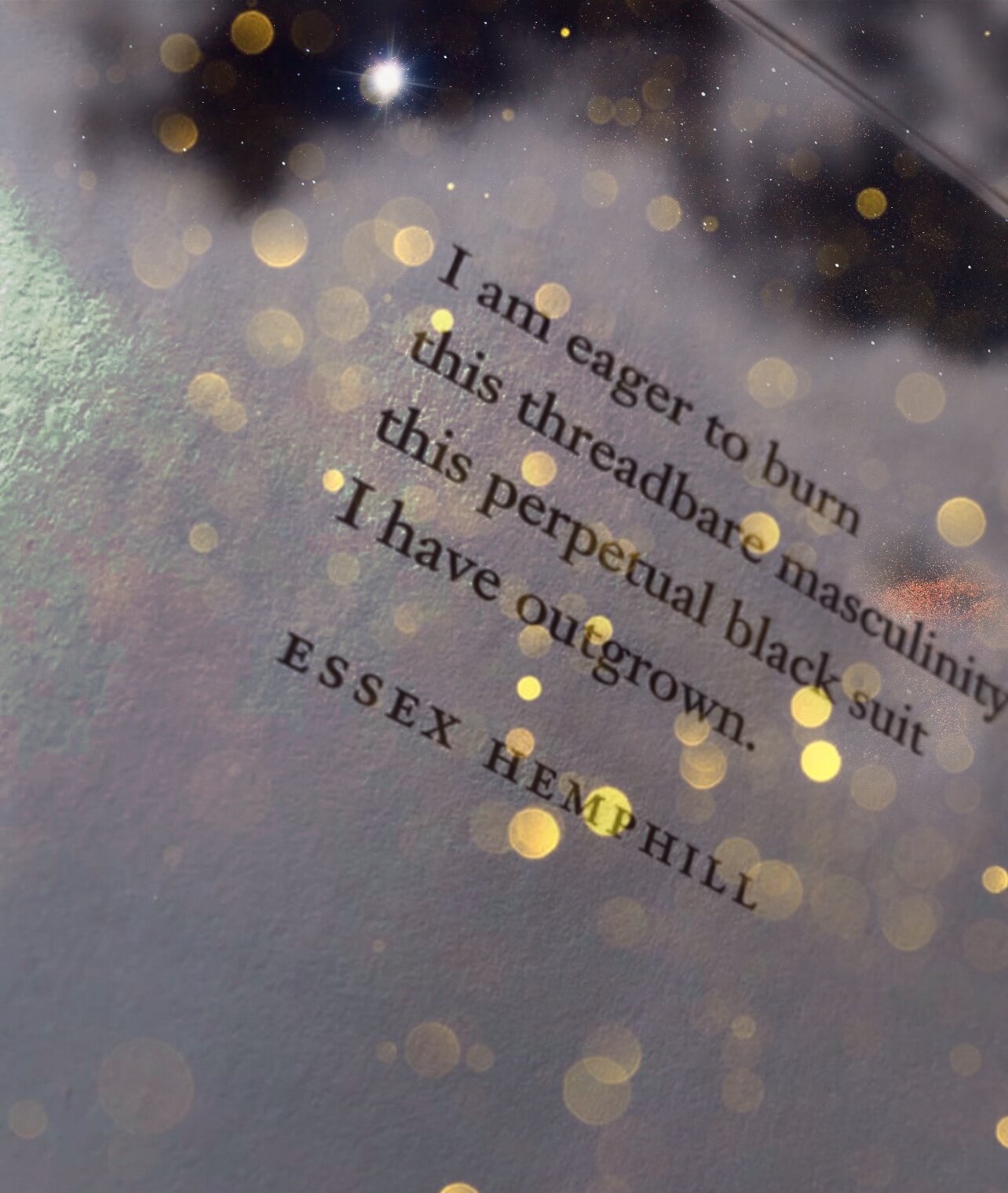
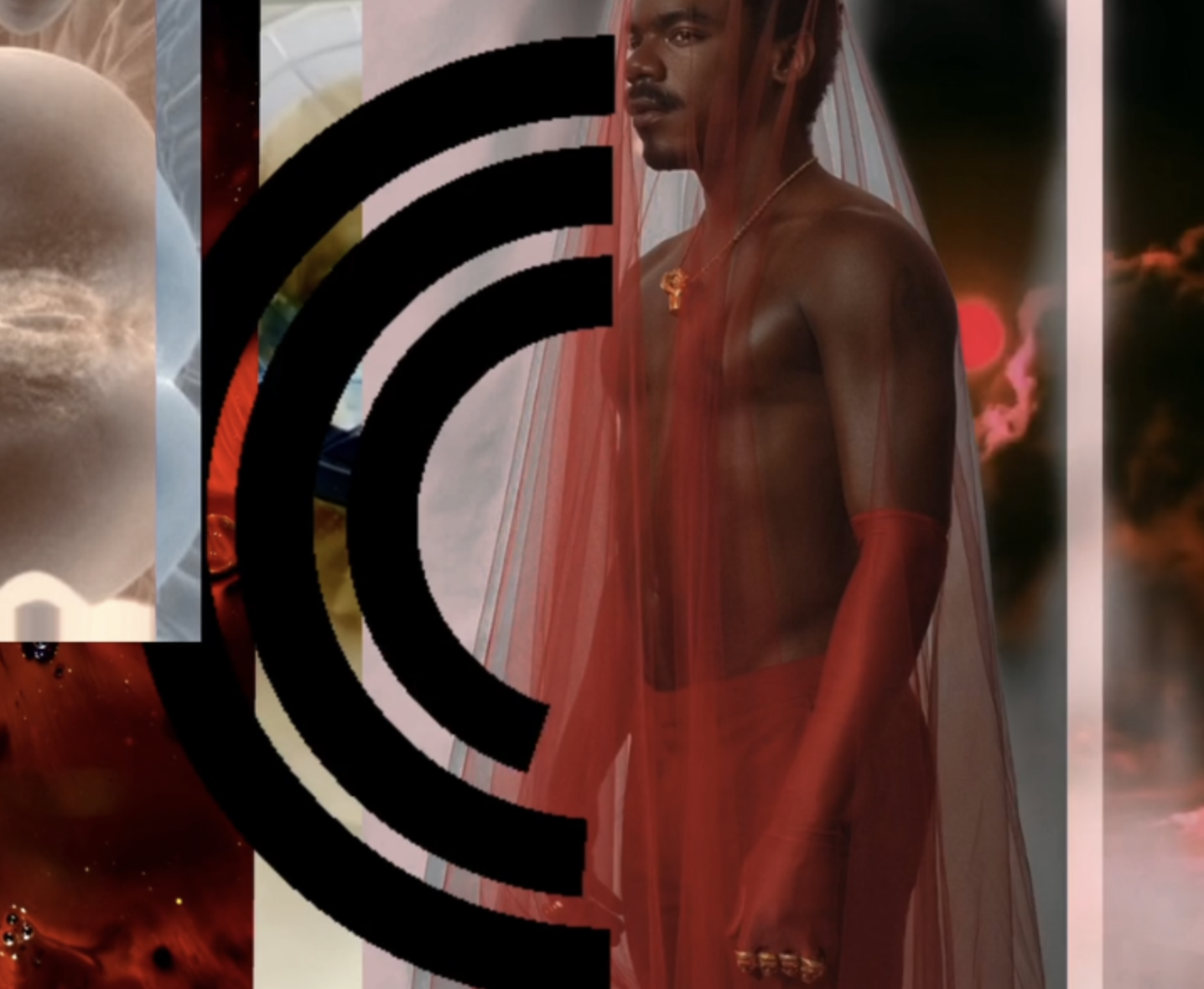
“In this here place, we flesh; flesh that weeps, laughs; flesh that dances on bare feet in grass. Love it. Love it hard. Yonder they do not love your flesh. They despise it. They don't love your eyes; they'd just as soon pick em out. No more do they love the skin on your back. Yonder they flay it. And O my people they do not love your hands. Those they only use, tie, bind, chop off and leave empty. Love your hands! Love them. Raise them up and kiss them. Touch others with them, pat them together, stroke them on your face 'cause they don't love that either. You got to love it, you! And no, they ain't in love with your mouth. Yonder, out there, they will see it broken and break it again. What you say out of it they will not heed. What you scream from it they do not hear. What you put into it to nourish your body they will snatch away and give you leavins instead. No, they don't love your mouth. You got to love it. This is flesh I'm talking about here. Flesh that needs to be loved. Feet that need to rest and to dance; backs that need support; shoulders that need arms, strong arms I'm telling you. And O my people, out yonder, hear me, they do not love your neck unnoosed and straight. So love your neck; put a hand on it, grace it, stroke it and hold it up. and all your inside parts that they'd just as soon slop for hogs, you got to love them. The dark, dark liver--love it, love it and the beat and beating heart, love that too. More than eyes or feet. More than lungs that have yet to draw free air. More than your life-holding womb and your life-giving private parts, hear me now, love your heart. For this is the prize.”
— Toni Morrison
